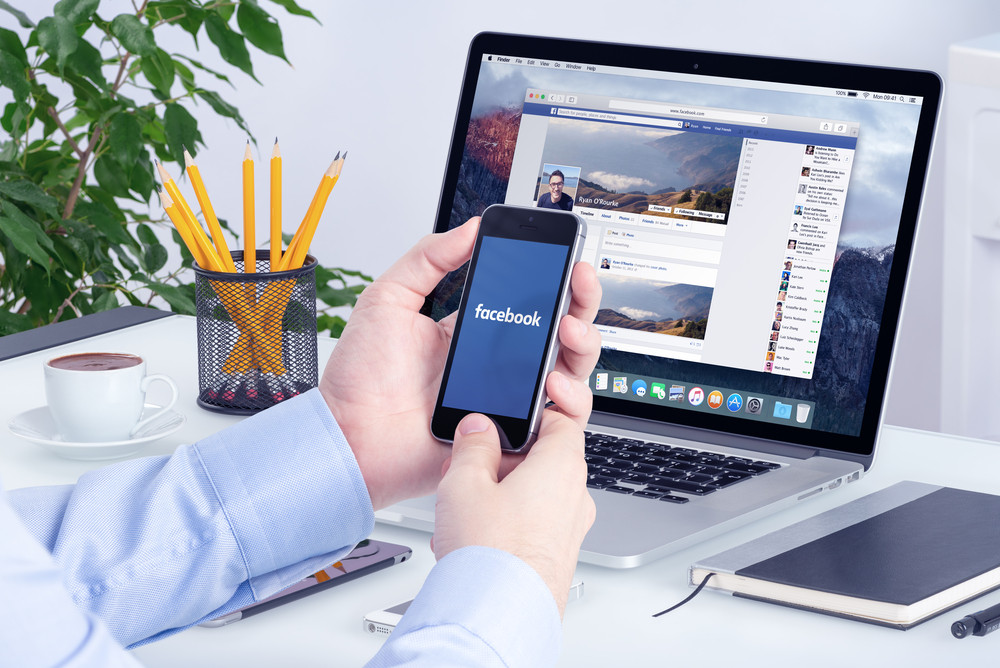Popular Reads
Top Results
Can't find what you're looking for?
View all search resultsPopular Reads
Top Results
Can't find what you're looking for?
View all search resultsFacebook working on own operating system to run AR glasses
Facebook is exploring the possibility of designing its own software to power augmented reality glasses, which would free it from dependence on Google's Android operating system.
Change text size
Gift Premium Articles
to Anyone
F
acebook is exploring the possibility of designing its own software to power augmented reality glasses, which would free it from dependence on Google's Android operating system, the company confirmed Thursday.
A spokeswoman told AFP the California-based social media giant was working on the project and that options include potentially collaborating with other companies, information initially revealed by tech news website The Information.
A custom operating system would make it easier for Facebook to weave together its hardware and services, as well as optimize features such as social networking or enhanced privacy.
"We really want to make sure the next generation has space for us," Facebook hardware vice president Andrew "Boz" Bosworth said in the report on The Information.
It would also allow Facebook to avoid dependency on Google for Android software updates.
"We don't think we can trust the marketplace or competitors to ensure that's the case. And so we're gonna do it ourselves," Bosworth said.
Read also: Facebook nixes billions of fake accounts
Facebook in recent years has worked to diversify beyond its original social network, acquiring other platform such as Instagram in 2012 and WhatsApp in 2014, as well as entertainment and payment services plus equipment.
In 2014 it acquired Oculus, maker of virtual reality headgear.
Facebook recently released second-generation Portal smart screens, touting them as a way to stay connected to loved ones via its social network.
The company would not disclose how many Portal devices have been sold since they were introduced late last year, but said adoption has been strong enough to inspire second-generation models.
Portal, which competes with Amazon Echo Show and Google Nest smart screens, is capable of synching with Facebook, Messenger, and WhatsApp.
Facebook-owned messaging apps as well as the social network itself are each used by more than a billion people monthly.











